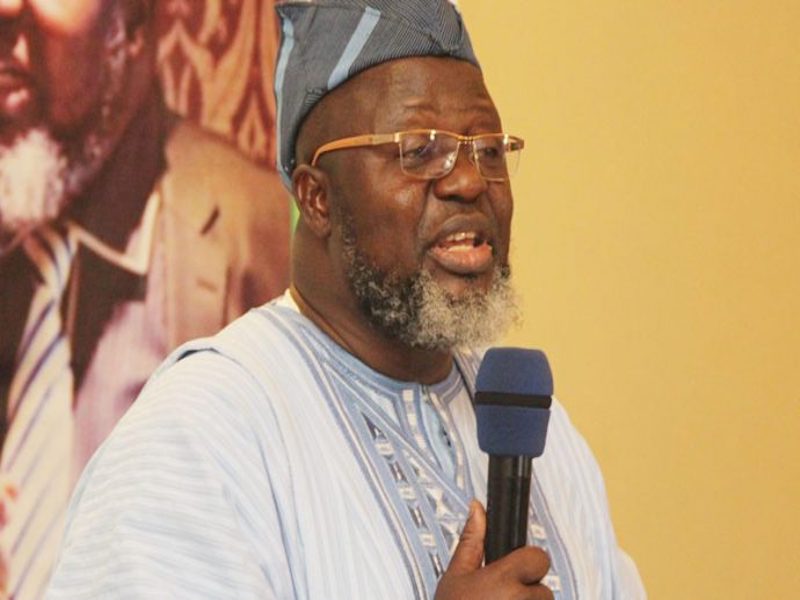Nigeria’s mobile economy not gaining traction on low adoption of smart phones, mobile money
August 11, 20172.2K views0 comments
The low adoption of smart phones and mobile money are contributing to the low traction being made by Nigeria among other countries in the push towards enthroning mobile economy around the world, Businessamlive findings have shown.
Among countries in sub-Saharan Africa and the world, Nigeria scores are low, a new report indicates.

In ‘The Mobile Economy: Sub-Saharan Africa 2017’, a report authored by Global System for Mobile Telecommunications Association (GSMA) and seen by Businessamlive, Nigeria ranks 48th among 56 countries in the world and scores 1.3 in terms of the level of engagement of smart phone and non-smart phone technologies.
Nigeria’s low rating, according to the report, can be explained by the low mobile money adoption rate, lower smart-phone adoption rate and limited range of locally relevant non-core communication services available to mobile phone users.
Read Also:
In 2011, Nigeria’s central bank introduced mobile money services into the financial eco-system, and licensed numerous money operators, so individuals could easily make deposits, pay bills, transfer funds and pay for goods and services.
However, despite this effort, mobile money seems to be failing in Nigeria – which has consequently affected its mobile engagement among other countries in sub-Saharan Africa. Specifically, the familiar of mobile money in Nigeria is being linked to what is described as a ‘bank-led’ model introduced by the apex bank, which licenses banks to operate mobile money rather than the telecommunication companies.
See also: Nigeria’s mutual funds assets soar to N318bn in H1 2017 as investors hedge against volatility
While Nigeria lags behind other African countries, the report says the widespread adoption of mobile money services in Sub-Saharan Africa is a key driver of mobile user engagement for consumers using both smart phones and feature phones. Similarly, the report says financial services are among the top 10 use cases for non-smart phone users, who are benefiting from being able to access mobile money services on feature phones and 2G networks.
Lower smart phone adoption rate also contributes to why Nigeria is not well-positioned in the Global Mobile Engagement Index. The GMEI indicates that Nigeria rates slightly high above 5 percent in recorded engagement across all use cases (aficionados); it rates slightly high above 10 percent in high usage recorded across most use cases (pragmatists); rates high in 38 percent of moderate usage (networkers); and 100 percent of low usage, with the exception of traditional communications such as voice (talkers).
However, Jumia, Nigeria’s e-commerce champion, in its 2017 edition of the Nigeria Mobile Trends Paper, released April, said the number of Nigeria’s mobile subscribers has reached 150 million, and the number of its internet users has climbed to 97.2 million at penetration rates of 81% and 53%, respectively. It says Nigeria currently has 62.2 million and 52.1 million more the internet and mobile users than Egypt, respectively.
The GMEI index also says that sub-Saharan Africa accounts for nearly a tenth of the global mobile subscriber base and is expected to grow faster than every other region over the next five years.
